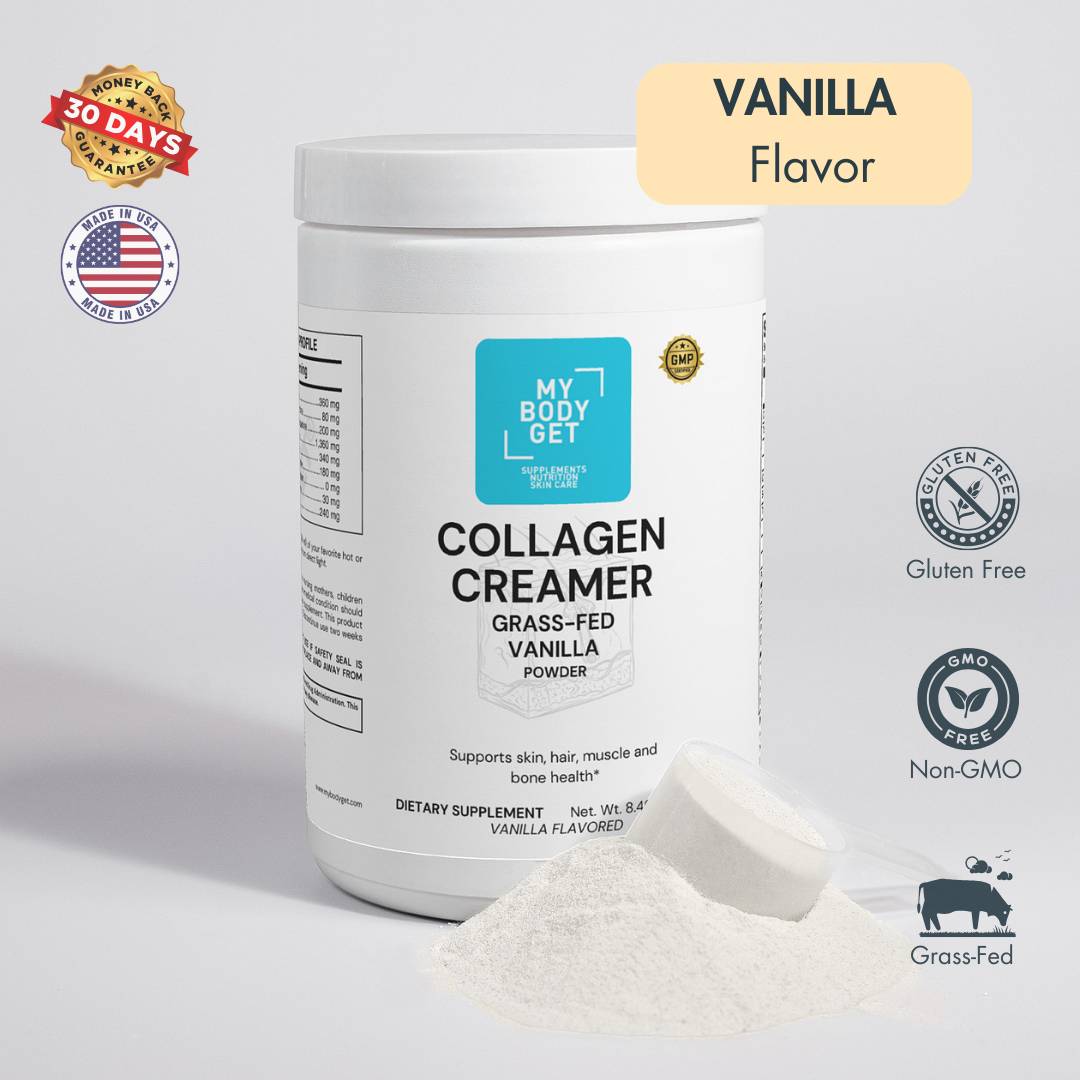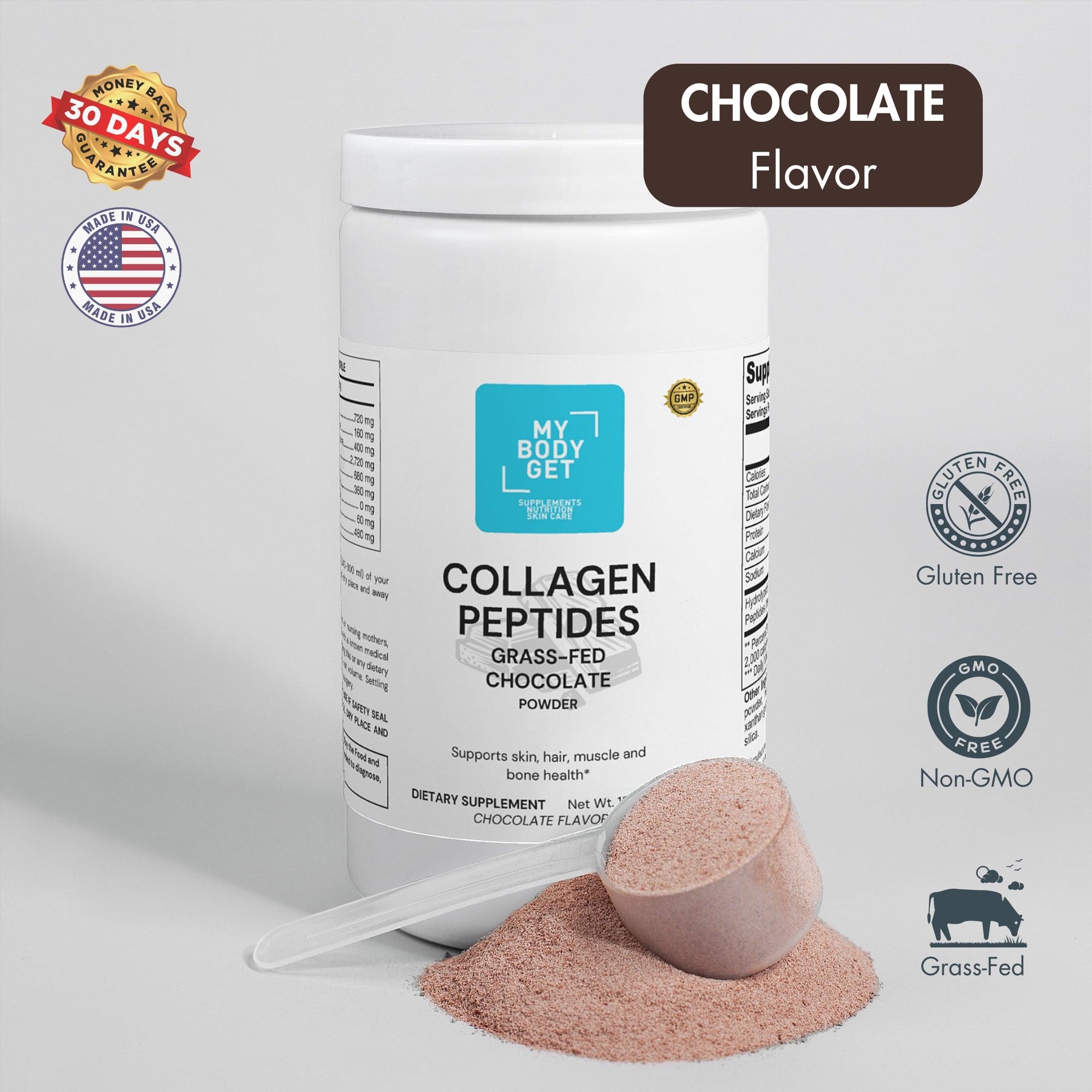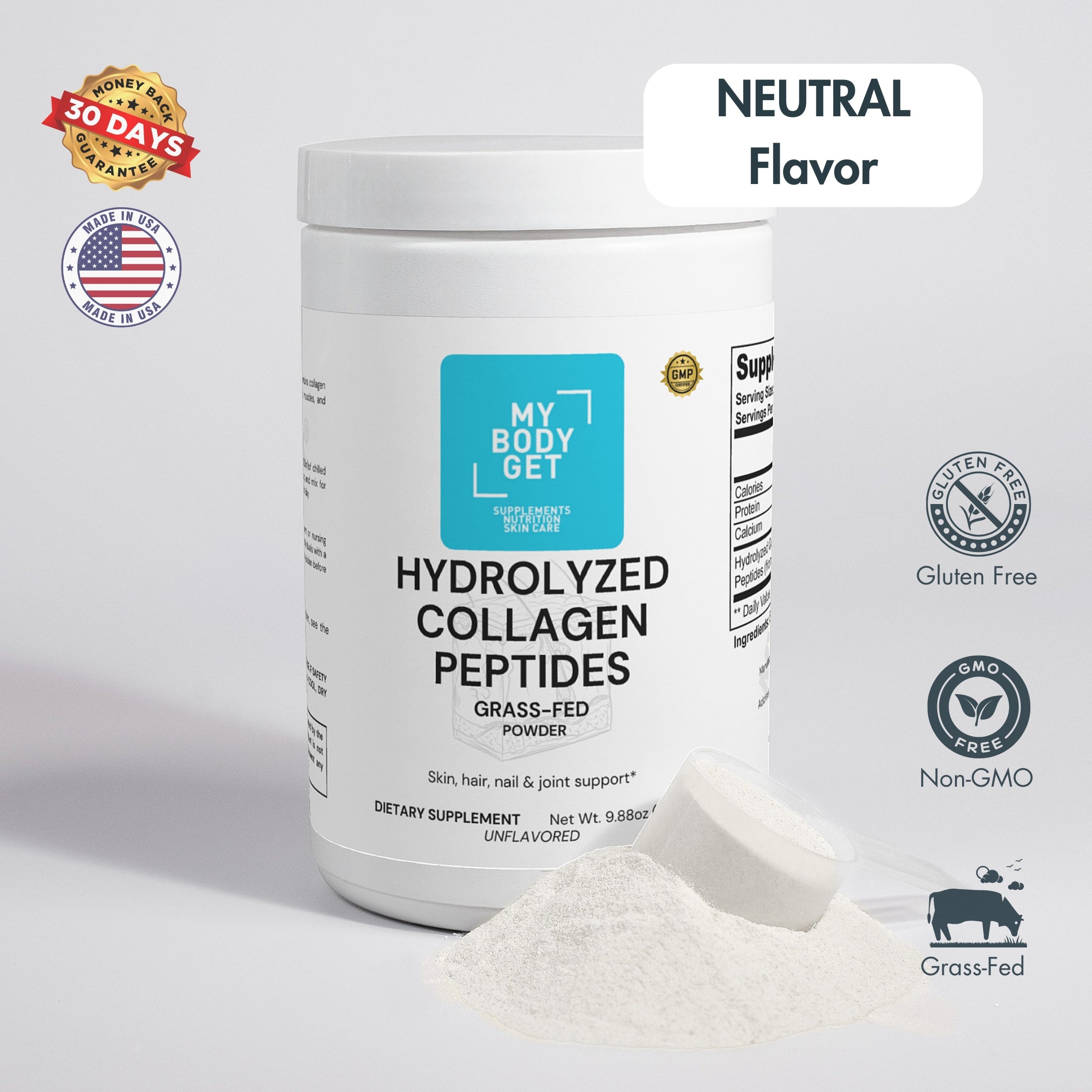Aging is a natural process that affects everyone, but the way our bodies change over time, particularly in terms of skin, joints, and overall vitality, is something many seek to manage. Collagen, the most abundant protein in the body, plays a crucial role in maintaining skin elasticity, joint health, and connective tissues. As we age, collagen production decreases, leading to common signs of aging like wrinkles, sagging skin, and joint discomfort. Fortunately, supplementing with collagen can help slow this process and provide significant benefits. Here’s how.
What Is Collagen and Why Is It Important?
Collagen is a structural protein found in skin, hair, nails, bones, muscles, and tendons. It acts like a scaffold, providing strength and structure to various parts of the body. The human body naturally produces collagen, but its production declines with age, starting as early as the mid-20s. This decline contributes to visible signs of aging, such as:
- Wrinkles and fine lines
- Thinning skin
- Reduced elasticity
- Weaker joints and ligaments
Collagen supplementation can help counteract these effects, supporting skin health and maintaining joint mobility and strength.
The Science Behind Collagen and Aging
1. Improving Skin Elasticity and Reducing Wrinkles
One of the most well-known benefits of collagen supplements is their ability to improve skin elasticity and reduce the appearance of wrinkles. Collagen peptides are small, bioavailable forms of collagen that the body can easily absorb. Once absorbed, these peptides stimulate the production of new collagen in the skin. Studies show that taking collagen supplements for 8 to 12 weeks can lead to significant improvements in skin hydration, elasticity, and smoothness.
- Research Insight: A 2019 study published in the Journal of Cosmetic Dermatology found that participants who took 2.5-5 grams of collagen peptides daily experienced a visible reduction in skin wrinkles after 8 weeks. The same participants also reported better skin hydration and improved elasticity.
2. Supporting Joint Health
Collagen is also a major component of cartilage, the tissue that cushions joints. As collagen production slows, the cartilage weakens, which can contribute to joint pain and stiffness, especially in older adults. By supplementing with collagen, you may help protect joint health and reduce the risk of degenerative joint conditions, such as osteoarthritis.
- Research Insight: A study from the International Journal of Medical Sciences in 2016 found that taking collagen hydrolysate daily can reduce joint pain in athletes and promote joint health in individuals with arthritis.
3. Enhancing Bone Density
As we age, bone density decreases, making bones more fragile and prone to fractures. Collagen makes up a significant portion of bone mass, and taking collagen supplements has been shown to improve bone density and slow down the aging process in bones.
- Research Insight: A 2018 study in the Journal of Nutrients revealed that women who took a collagen supplement for 12 months had increased bone mineral density compared to those who did not, showing collagen's potential to support bone health in aging adults.
Benefits of Collagen for Aging
Here’s how adding collagen supplements to your routine can help you age gracefully:
1. Youthful Skin
- Boosts skin hydration and smoothness.
- Reduces the appearance of fine lines and wrinkles.
- Improves skin elasticity, leading to firmer, more youthful skin.
2. Stronger Joints and Bones
- Supports cartilage health, reducing joint pain and stiffness.
- Helps maintain bone strength and density, lowering the risk of fractures.
3. Healthy Hair and Nails
- Collagen supplements also promote stronger, shinier hair and improve nail strength, preventing breakage and promoting growth.
How to Take Collagen for Maximum Results
Taking collagen supplements consistently is key to seeing long-term benefits. Most collagen supplements come in powder, capsule, or liquid form. The recommended daily dose varies, but most studies suggest 5-10 grams of collagen peptides daily for noticeable improvements in skin and joint health.
Best Time to Take Collagen
- Morning: Some prefer taking collagen with breakfast to incorporate it into their routine.
- Before Bed: Since collagen supports the body’s natural repair process, taking it before bed can enhance overnight rejuvenation.
Combining Collagen with Other Anti-Aging Strategies
While collagen supplements can play a crucial role in maintaining youthful skin and healthy joints, combining collagen with other anti-aging strategies can amplify its effects. Consider adding the following to your routine:
- Antioxidants: Vitamin C and other antioxidants support collagen production and protect the skin from free radical damage.
- Hydration: Drinking plenty of water helps keep skin plump and hydrated, boosting the effects of collagen supplements.
- Healthy Fats: Omega-3 fatty acids and other healthy fats support skin elasticity and joint lubrication, complementing the effects of collagen.
Conclusion
Collagen supplements offer a science-backed way to slow the visible and physical signs of aging, providing a range of benefits from smoother skin to stronger joints. By replenishing the body’s natural collagen levels, you can maintain your youthful appearance, enhance mobility, and support overall wellness as you age.
"Aging is not lost youth but a new stage of opportunity and strength." — Betty Friedan







Leave a comment
This site is protected by hCaptcha and the hCaptcha Privacy Policy and Terms of Service apply.